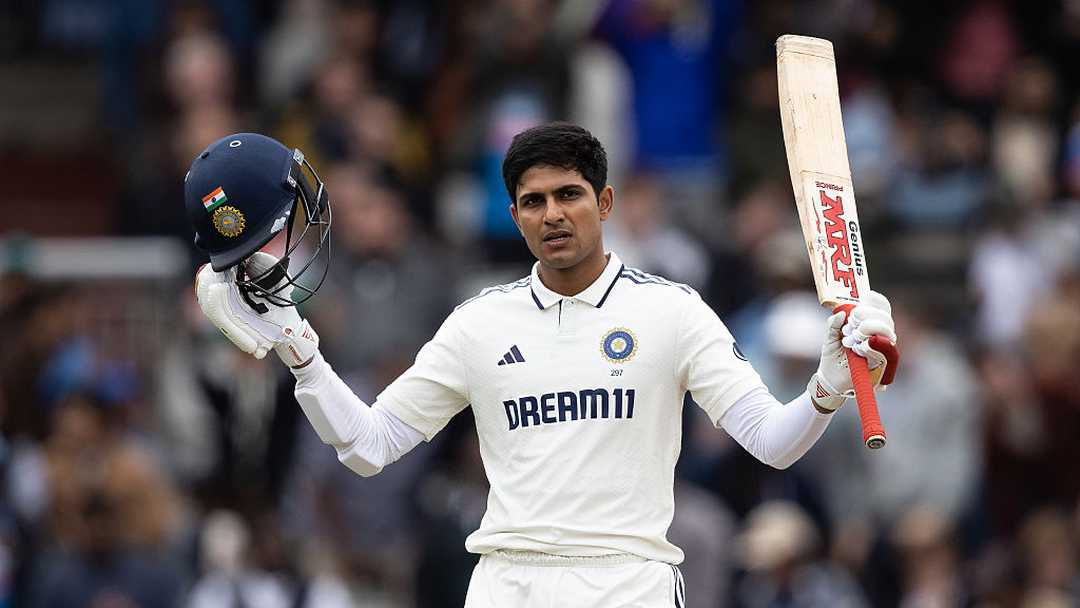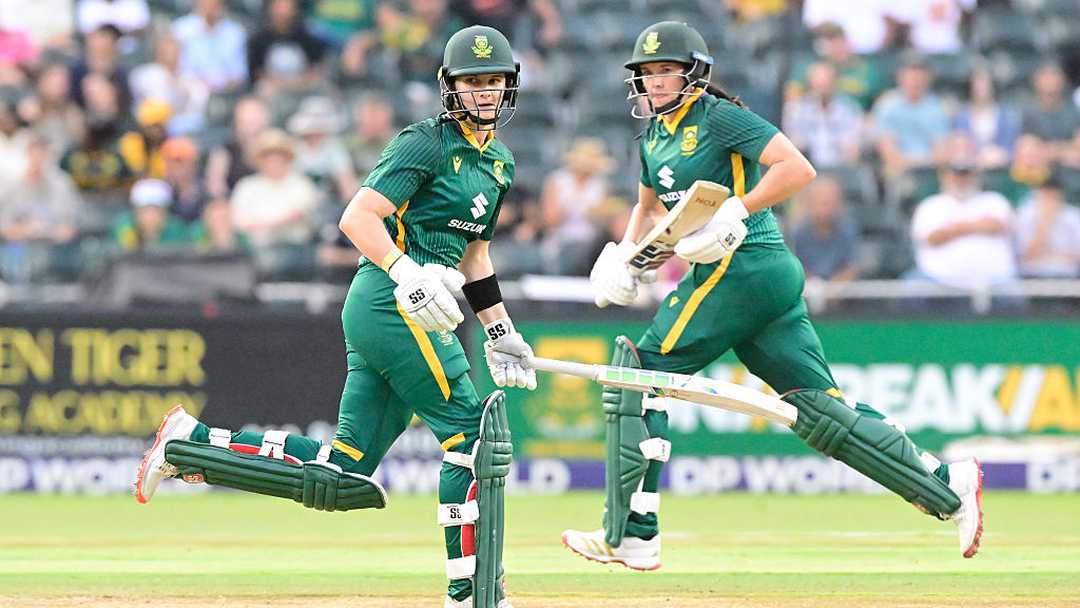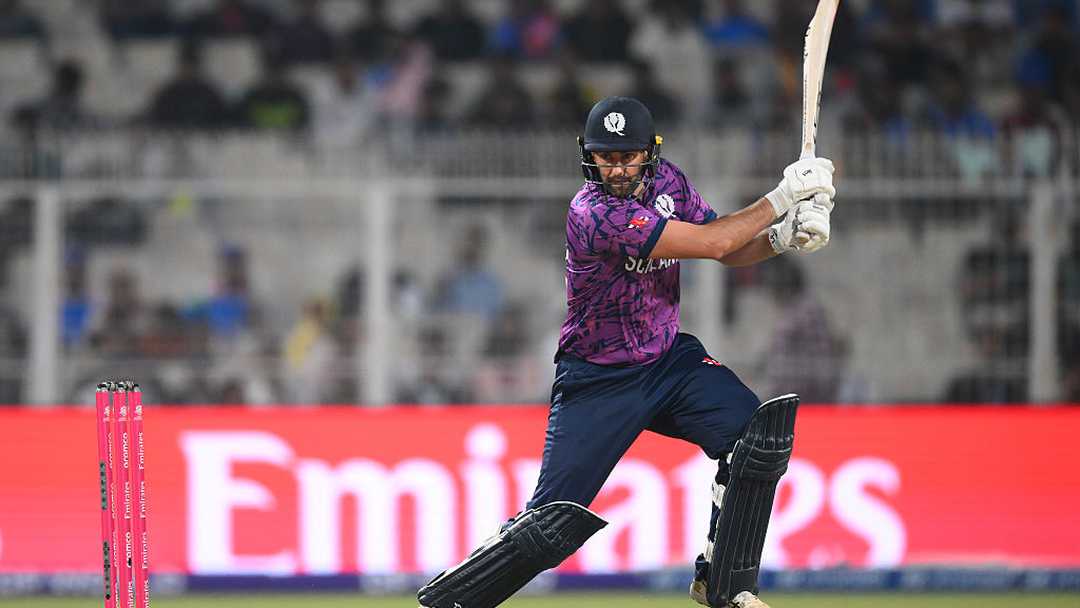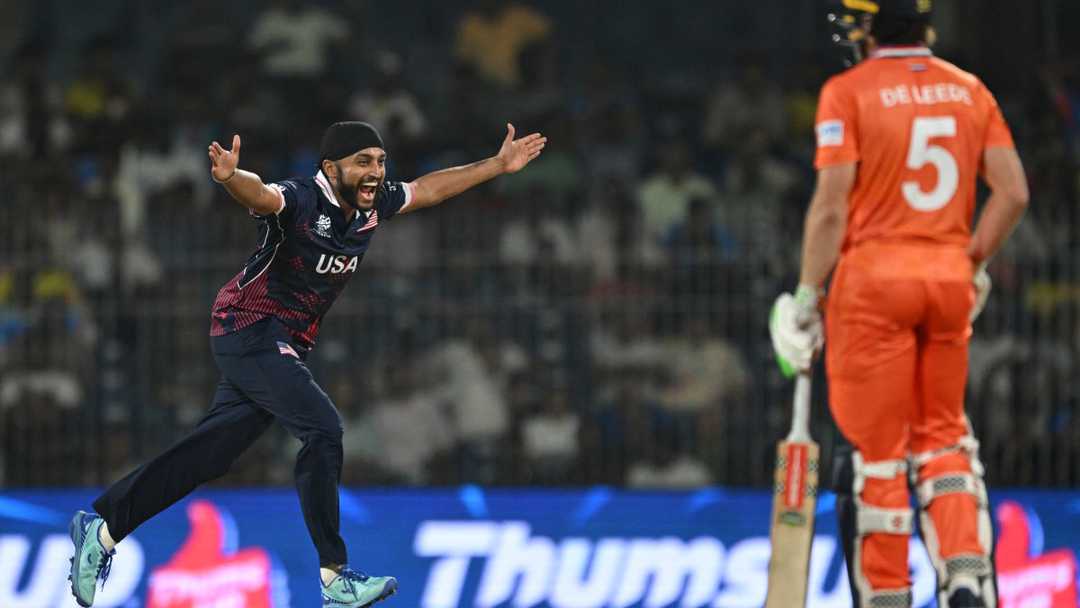
Shubman Gill: A Captain's Evolution
Shubman Gill lingered in the 90s for 36 deliveries on the tense final day of the Old Trafford Test. This slow burn, from a batter who recently smashed a T20 hundred in 49 balls, highlights the shift in Gill's approach.
This Anderson-Tendulkar series hasn't been about rushes. It's been about restraint, endurance, and moments. Gill, at 25, is learning to lead not just with flair but with time. With 722 runs in eight innings, he joins an elite club: Don Bradman and Sunil Gavaskar are the only other captains to score four hundreds in a Test series.
Gill's evolution began after India's defeat in Leeds. He called for more accountability from the top order, citing his own dismissal on 147 as a trigger for the collapse. Since then, he's broken his own record for slowest Test hundred twice:
- Edgbaston: 199 balls for three figures as wickets fell around him.
- Old Trafford (third innings): 228 balls to reach 100, where time mattered most.
Vikram Rathour, India's former batting coach, recognizes the change. "He always believed in his momentum," Rathour says. "From under-19 days to the Indian white-ball team, he was a stroke player who moved the game on."
Rathour believes Gill's journey began in Vizag, a year ago against England. Facing a depleted Indian side, Gill made a 147-ball 104 under pressure against spin. But he fell trying to reverse-sweep Shoaib Bashir.
Rathour recalls their conversation: "I asked him, 'why did you go for that shot?' He said, 'you told us to sweep and reverse-sweep on turning tracks and there were no fielders there, so the shot was on.'"
Rathour reframed the focus: "I asked, 'tell me who are the five best batters in this century of Test cricket?' He named the usuals: Sachin Tendulkar, Joe Root, Kane Williamson, Steve Smith and Virat Kohli… and I said, tell me one who would've played that shot in that moment. He was quiet. 'Maybe nobody.'"
"It's not that those five couldn't play it. It just wasn't needed. Test cricket is about playing the moment. You don't play a shot because you have it. You play what the team needs. And I think that is the biggest change I can see in him now. He is very comfortable playing differently in different moments, you know, at different pace."
Gill's work ethic is legendary. He bats for hours, even when captaincy demands his attention.
"I bat four hours at home," he'd protest. "I should bat for at least one hour here."
Rathour acknowledges this: "This is something which will change I am sure with time. You start realizing that you don't really need to bat that long. So once he starts doing that regularly, he will need to taper down a little on his batting practice. I am sure that will happen on its own."
Gill's technical evolution is evident. His stance, trigger movements, and interception point have all been refined.
"In his stance, I can see his elbow of the backhand from the straight [view]," Rathour says. "He's trying to keep his front shoulder a little closed… because he is trying to keep the bat closer to the body."
Gill's trigger movement, once a big stride back, has been streamlined.
"Earlier, his trigger used to be a big stride back, he used to do it very early also. In England, actually, the lesser you move, the better you are, the more stable you are and the timing of the trigger is very important," Rathour says.
Gill's journey in England is a testament to patient evolution. He's learning to balance technique, temperament, and work ethic, preparing him for the challenges ahead.



